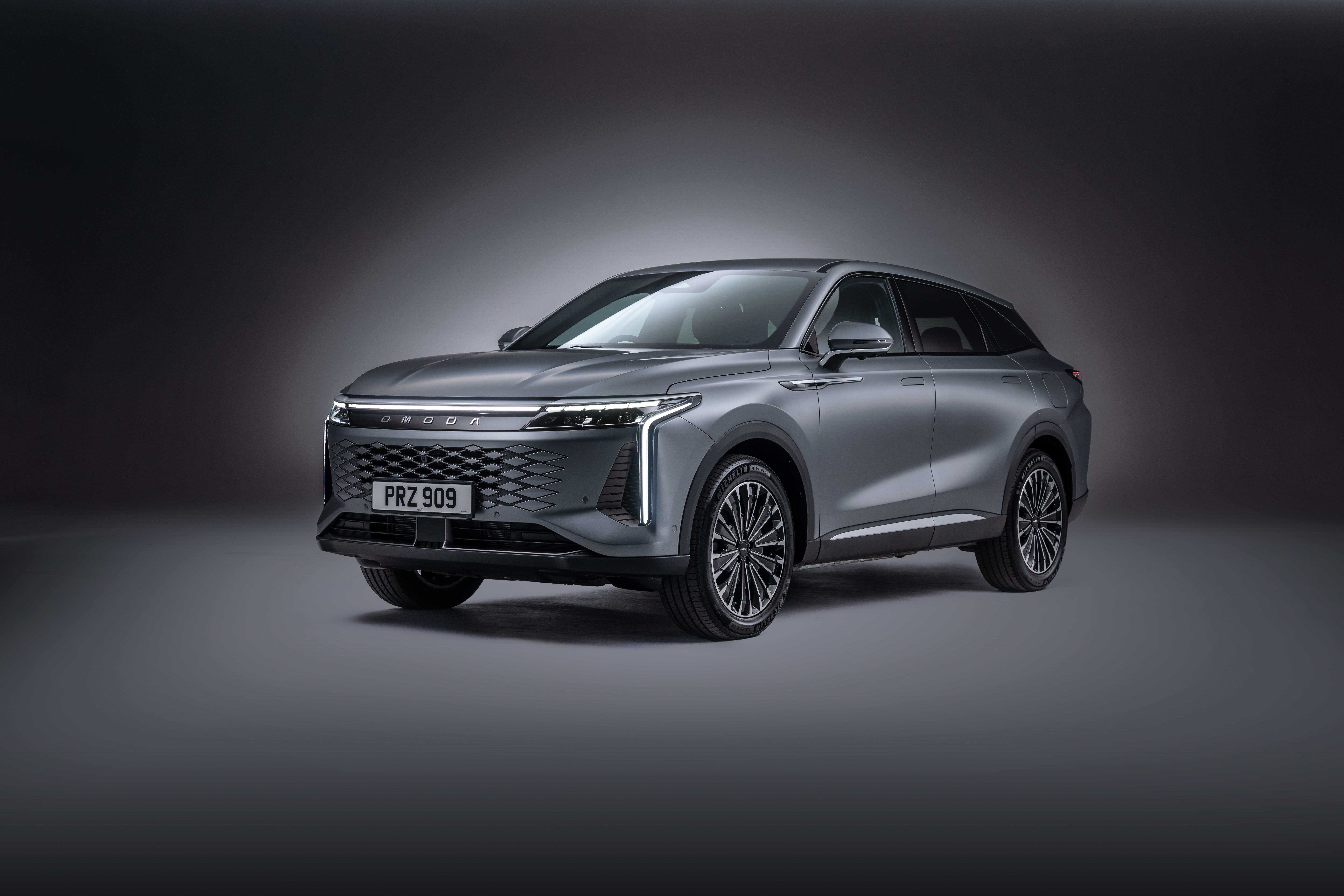
Sales of plug-in hybrid models have been rocketing in 2025, up 33 per cent year-on-year according to the latest car registration data. The earliest plug-in hybrid models would barely offer 20 miles of electric range, while today’s models claim up to 90 miles of EV driving.
However, new research by British designer EV charging point brand Andersen has revealed that many plug-in hybrid owners are missing out on big savings as they don’t have smart charging at home.
Andersen’s research says that 21 per cent of PHEV owners don’t have smart charging at home. With over 65 per cent of these people likely to have off-street parking, that means 118,000 PHEV owners are missing out on savings of nearly £600 a year, amounting to over £70 million a year in total.

Smart charging gives electrified car owners access to low-rate tariffs for charging their cars, often overnight, with prices at around 7p per kWh, over a third less than the standard electricity rate of around 25p per kWh.
David Martell, CEO of Andersen EV, said: “While growing numbers of battery electric vehicle (BEV) motorists have discovered they can save huge sums of money by having a smart home charging unit, many PHEV drivers have not taken heed of this opportunity and changed their charging behaviours. A smart home charger taking advantage of low-cost nighttime tariffs for EVs means paying just £0.07 per kilowatt-hour compared to around £0.25.
“PHEVs have evolved considerably over the past ten years. From typically having small batteries capable of 15 to 20 miles just a few years ago, today’s PHEVs can have a battery range in excess of 70 miles with drivers able to run purely on electric for the vast majority of their weekly motoring.”
Latest Society of Motor Manufacturers & Traders (SMMT) data shows that 124,528 new PHEVs have been registered in the UK so far this year. That means owners of new PHEVs in 2025 alone could make savings of more than £10.2 million over the next 12 months by taking advantage of smart charging.







